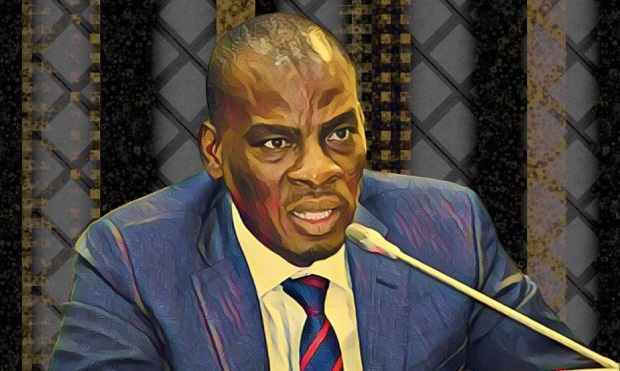Ghana’s Tamale South MP, Haruna Iddrisu, has publicly denounced President Nana Akufo-Addo for allegedly showing disdain for the country’s traditional leaders. Iddrisu charged that the President was behaving in a way that was not respectful to Ghana’s chieftaincy institutions during a National Democratic Congress (NDC) rally in the Ketu North constituency.
The former Minority Leader voiced his worries during the ceremony on Wednesday, May 1, regarding what he perceived as President Akufo-Addo’s administration’s growing disrespect for traditional authority. Iddrisu cited other instances in which the President allegedly insisted that chiefs rise before extending greetings, a behavior that, in Iddrisu’s opinion, departs from the deeply ingrained customs of Ghanaian culture.
“Akufo-Addo has assumed the role of King of Kings, requesting that chiefs rise in order to receive him. Throughout his address, Iddrisu made it clear that he would not put up with this flagrant contempt for our traditional elders. He maintained that this kind of behavior is unprecedented and intolerable and demanded a mass demonstration against it in order to protect the honor of Ghana’s traditional leadership.
The MP’s comments are indicative of a wider belief held by several Ghanaian citizens and political elites that the President’s actions may be undermining the respect that chieftaincy responsibilities have historically enjoyed in the nation. This problem speaks to broader worries about how traditional authority systems and contemporary state governance should coexist and work together in different spheres of Ghanaian society.
The Chieftaincy Ministry released a statement in reaction to the incident, suggesting that it is appropriate to consider the custom of chiefs standing to meet the president at public occasions as a part of Ghana’s rich history. According to the Ministry’s position, these actions are meant to respect the President’s office as well as the traditional leaders, thereby enhancing the deep-rooted respect for authority that characterizes Ghanaian society.
The ongoing conversations in Ghana regarding the place and homage due to traditional rulers in a contemporary democracy are exemplified by this issue’s debate. It also calls into question the manner in which traditional institutions and political leaders ought to collaborate in order to promote a peaceful society that honors both modern government and long-standing traditions.





1 comment
Thanks for sharing. I read many of your blog posts, cool, your blog is very good. https://accounts.binance.com/register-person?ref=IXBIAFVY